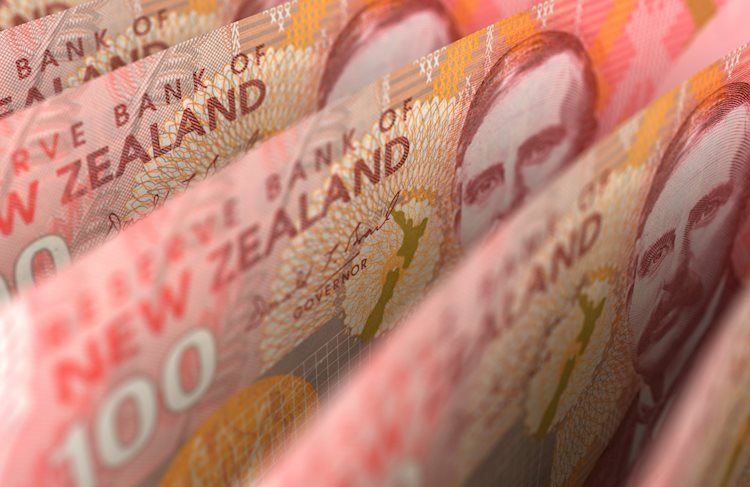- NZD/USD rose above 0.6295, its highest since May 23.
- US CPI declined to 3% YoY vs the 3.1% expected, fuelling a decline in US Treasury yields.
- RBNZ held rates steady, just as expected.
On Wednesday, the NZD/USD gained bullish momentum following soft Consumer Price Index (CPI) inflation figures. As a reaction, the US DXY index fell to lows not seen since 2022 on the back of falling US yields giving room for the Kiwi asset to advance.
US reported soft CPI figures while the RBNZ paused
The US Bureau of Labor Statistics reported that the US Consumer Price Index declined to 3% YoY vs the 3.1% expected from its last figure of 4%, while the Core inflation fell to 4.8% YoY vs the 5% expected from 5.3%.
As a reaction, US Treasury yields displayed sharp declines across the board. The 2-year yield declined 3.20% to 4.72%, the 5-year yield to 4.09%, with a 3.38% fall and the 10-year yield to 3.90%, a 2.00% decline on the day. As lower bond yields tend to weaken the local currency, the USD, measured by the DXY index, retreated to its lowest level since April 2022, to 100.80, seeing a 0.85% loss on the day. Focus now shifts to the Federal Reserve’s (Fed) Beige book to be released later in the session.
The Reserve Bank of New Zealand (RBNZ) kept rates steady at 5.5% for the first time since the tightening cycle began in 2021. The Bank noted that high-interest rates are “constraining spending and inflation as anticipated and required”, noting that they are confident that rates remaining at a restrictive level of inflation will return to their target. However, the Bank didn’t update its macroeconomic forecast, nor did Governor Orr deliver a press conference.
According to World Interest Rate Probabilities (WIRP), markets discount only a 10% probability of the RBNZ hiking in August and 25% and 50% odds of raising rates in October and November, respectively.
NZD/USD Levels to watch
According to the daily chart, the NZD/USD has confirmed a bullish outlook for the short term. Regarding the convergence of the 20, 100 and 200-day Simple Moving Averages at 0.6170-0.6190, the pair managed to consolidate above, and the 20-day SMA is about to perform a bullish cross with the 200-day average which could give further support to the Kiwi.
Support levels: 0.6220, 0.6190 (100-day SMA), 0.6180 (200-day SMA).
Resistance levels: 0.6385 (May’s highs), 0.6420, 0.6450.
NZD/USD Daily chart
-638247755033873986.png)
